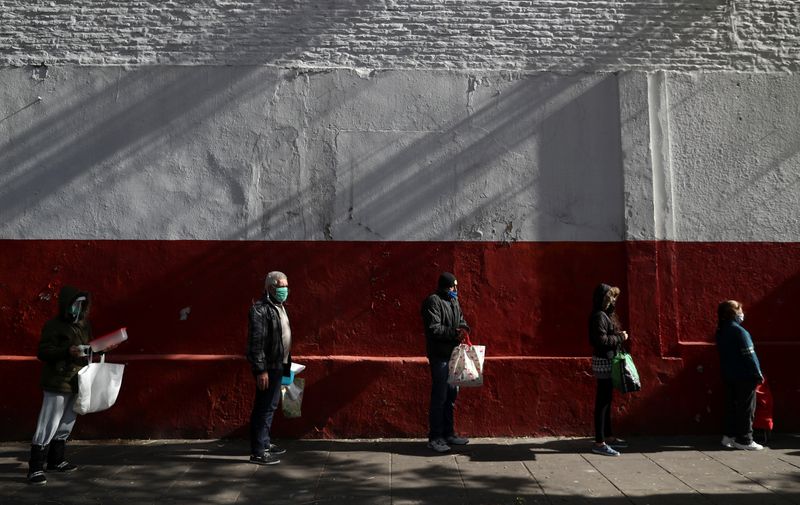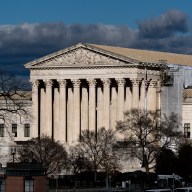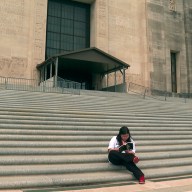BUENOS AIRES (Reuters) – A group of major Argentine creditors has criticized the South American country for “erratic” economic policies that it says are hitting growth and weighing on bond prices five months after the government restructured some $65 billion in foreign debt.
The Exchange bondholder group, involved in the restructuring that cured Argentina’s ninth sovereign default, added it was concerned talks with the International Monetary Fund over a new deal were being “subordinated to politics.”
“An IMF program is the only likely source of policy anchors and a credible medium-term framework that can bring stability,” it said. “However, the government appears to be seriously contemplating delaying an agreement with the IMF in order to have the freedom to continue its unsustainable policies.”
Argentina is currently in talks over a new IMF program to replace a failed facility from 2018, from which the country has already received some $44 billion it cannot repay. That deal is seen as key to bolstering the country’s economic position.
The government has said that it wants to strike a deal by May, a target that the IMF says is ambitious though feasible. However, creditors and analysts say there is growing pressure from with the ruling Peronist coalition to delay the deal until after mid-term elections in October.
Argentina’s government did not immediately respond to a request for comment.
The Exchange group cited policies including price freezes, grains market interventions and capital controls as issues that were “short-term palliatives that are bound to fail and only store up greater problems down the road.”
“Erratic, ad hoc policymaking amid a growing list of policy mistakes and u-turns … all erode confidence,” it said.
(Reporting by Adam Jourdan; Editing by Steve Orlofsky)



















